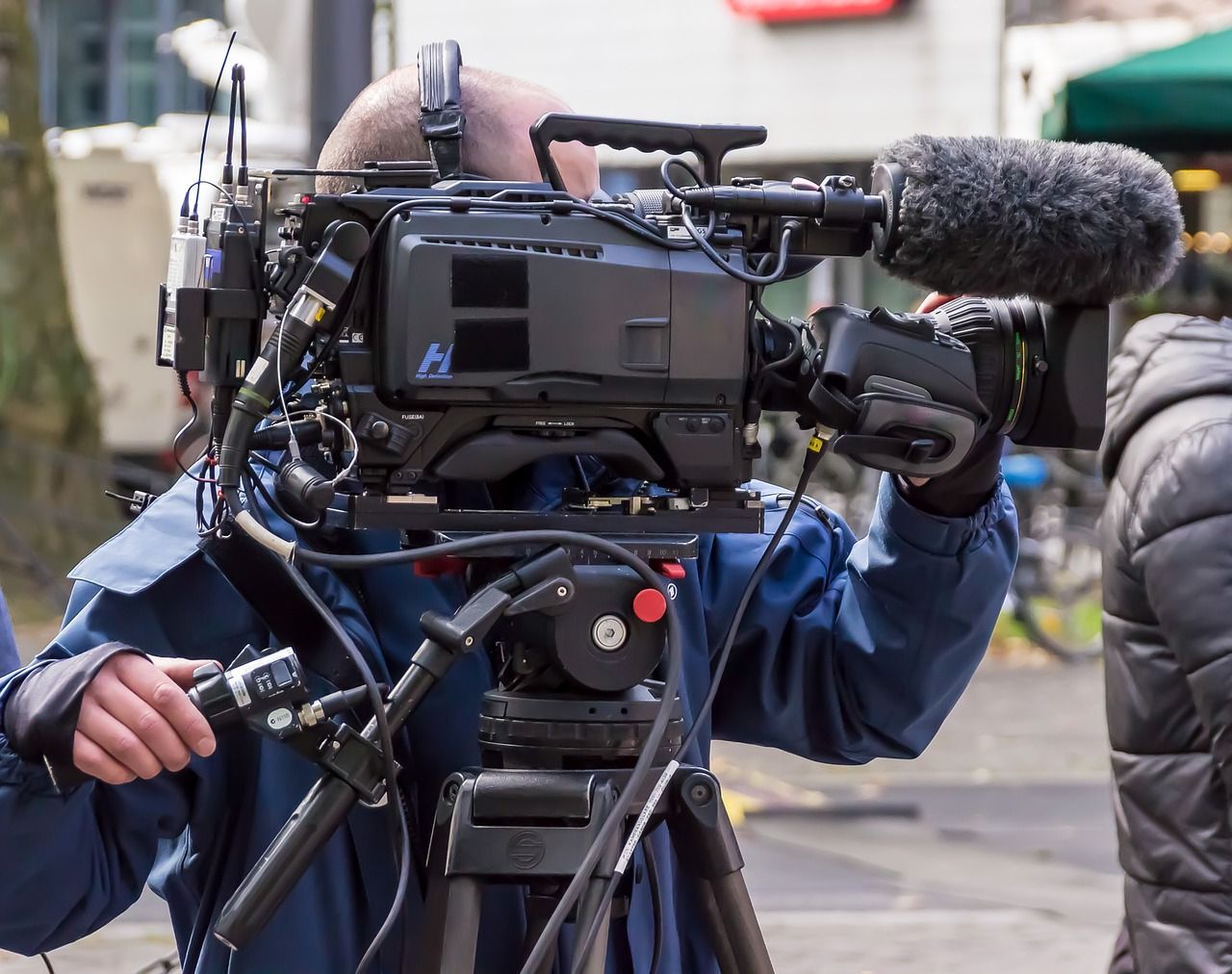Without a new model of financial sustainability, the journalistic profession – a cornerstone of democracy – risks disappearing, warns the president of the European Federation of Journalists ahead of World News Day.
Over more than 30 years as a journalist, I have gone through almost everything this profession has to offer – from war reporting and political coverage to anchoring the main evening news on public service television.
There have been successes and recognition but also censorship, pressure, dismissals and attacks. My wings have been clipped many times, but I have never regretted choosing this path. For me, journalism has always been more than a job; it is a way of life, a mission, and a constant struggle for the public interest.
Today, I write these lines as president of the European Federation of Journalists, even more deeply immersed in the problems journalism faces in Europe, and especially in our region. Political pressure, attacks and censorship have long been part of our profession. But I fear we are now confronting a problem that courage and boldness alone may not solve: the question of who will pay for journalism?
Once upon a time, the answer seemed clear: people bought newspapers at kiosks, and with revenues from sales and advertising, the media had a sustainable financial structure. Today, advertisers have disappeared onto global digital platforms, and only a small fraction of the audience pays subscriptions. Sustainable financing models have not been found, and journalism has fallen into an existential crisis.
In practice, only a handful of media outlets manage to survive on subscriptions, while most local and regional newsrooms are losing the battle because the public is not willing to pay for what the internet has made free. The big tech companies have swallowed up the advertising pie, weakening the foundations on which independent journalism once stood.
That is why freedom of expression, the fight against censorship, and criticism of political power are inseparable from the question of financial sustainability. Without an answer to the financing problem, journalism becomes a profession that is slowly disappearing – and with it, citizens’ right to be informed, and journalists’ right to investigate those in power and do their work.
European Commission President Ursula von der Leyen, in her State of the Union address, announced a new “Media Resilience Program,” highlighting the importance of independent journalism, local media, and the fight against news deserts across Europe.
The EFJ welcomes this initiative but reminds everyone that support must also include journalists’ social rights – because without decent working conditions, there can be no quality journalism.
At the same time, we must ask whether the new funding program, called Agora EU, is clear and safe enough for journalism. On paper, it sounds promising. But the problem is that it lumps everything together – from films and theatre to podcasts and journalism. There is a real risk that news and journalists will lose the clearly defined support they have had until now. That is why we advocate for a distinct and dedicated budget line for journalism, for easier access to funds for local newsrooms and freelancers, and financing conditioned on fair contracts and editorial independence.
In other words, journalism must not be pushed aside or reduced to just another form of “cultural content”. Journalism is a cornerstone of democracy.
Media capture clearly visible in the Balkan
Here in our part of Europe, however, we have for years witnessed perfectly engineered models of media capture. Political elites use public broadcasters to promote their own power, while critical media are suffocated through economic pressure and regulatory tricks.
In Serbia, after unprecedented attacks on independent media, a series of SLAPP lawsuits, and the targeting of smaller, independent outlets, the pressure has now reached N1 – one of the last mainstream media still trying to inform the public truthfully. At the same time, the closure of Al Jazeera Balkans and the withdrawal of US support for regional media further undermine already fragile systems in these countries.
All of this shows us how easily the entire structure of independent reporting can collapse, sometimes through nothing more than a single decision made by someone in power. It makes us vulnerable and shows just how thin the line is between free and controlled media.
The problem is not limited to finances and pressure. The physical and verbal safety of journalists is under constant threat. According to the latest Media Freedom Rapid Response MFRR report, in just the first six months of 2025, there were 709 attacks on media freedom across Europe. These included threats, intimidation, lawsuits, online harassment, and physical assaults. The figures are alarming, and sadly, the Balkans remain one of the hotspots.
Violence against journalists not only endangers individuals; it sends a message to the entire profession: that it is safer to stay silent than to speak. And silence is the greatest enemy of a free society.
While our region sinks deeper into problems, news from Denmark has shown that even stable democracies are not immune. The Danish government’s announcement of a state-appointed media ombudsperson has raised concern, as it opens the door to political influence over journalism. MFRR partners reacted immediately, warning that even well-intentioned reforms must not lead to restrictions on media freedom. This is a reminder that the struggle is universal – from the Balkans to Scandinavia.
Despite everything, I still believe in journalism. I believe in the people who chose this profession, knowing it is neither easy nor lucrative, but noble and vital. Journalists are still here – brave, persistent, and united in solidarity. We will not be intimidated, because we know our work is essential for democracy and freedom.
That is why, on World News Day, when a global campaign reminds us of the importance of fact-based journalism, we can send only one simple message: do not worry, we are still here, and we will not give up.
Our mission remains the same – to defend the public interest, tell the truth, and fight against those who would prefer we remain silent. Media freedom may be under constant attack, but as long as people are willing to stand up for it, there is hope that we will defend it.
Maja Sever is a journalist and the president of the European Federation of Journalists.
The opinions expressed are those of the author and do not necessarily reflect the views of BIRN.
Source: BalkanInsight




